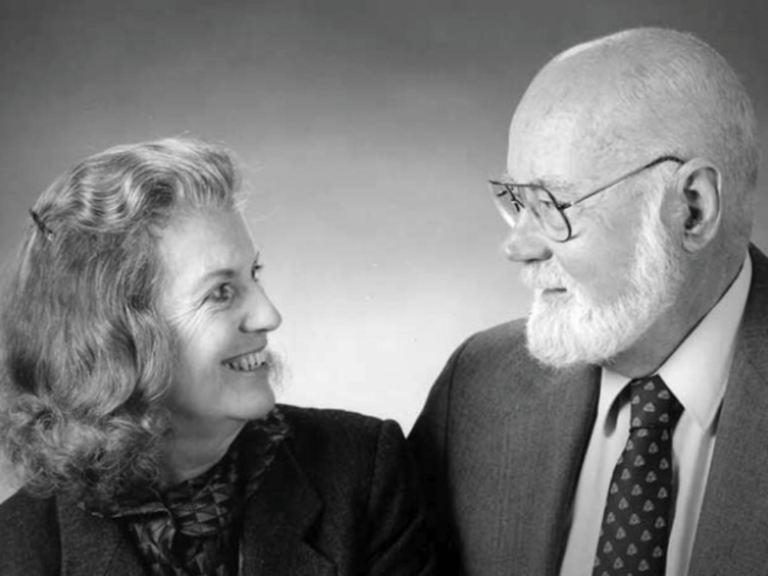On Jan. 24, 2022, the world lost a pioneer in bone marrow transplantation—now more-commonly referred to as hematopoietic cell transplantation. William Vaughan, MD, MBA, will always be known for his kindness, his approachability, and his unwavering commitment to improving patient safety and outcomes.
It was my honor to work alongside him in a number of professional organizations. He strongly believed in the necessity of basing care on evidence and expert consensus. We worked together on a panel for the National Comprehensive Cancer Network that was set up to extrapolate anything pertaining to HCT from across the numerous guidelines and share common findings. Bill’s work on that panel showcased his belief in centering the patient and determining care decisions based on individual traits and preferences.
When I was tasked with setting up an HCT program at the University of Michigan, there were a number of complex clinical and structural issues to address. Bill was one of the people I turned to for help at the time, and he always made himself available for all types of discussions that proved to be incredibly helpful.
He was very easy to talk to and never left you feeling like he had someone more important to get to. I often found myself missing a conference session because I ran into Bill in the hallway at national meetings and wound up deep in conversation about the business of health care or how all the different areas of expertise wove together.
In addition to serving as the chair of the NCCN board of directors from 2001 to 2004, Bill authored more than 120 original papers, reviews, and monographs in basic and applied science relevant to blood, stem cell, and immune system diseases, as well as cancer. He was a member or chair of multiple advisory panels and review committees for the National Cancer Institute and presented to the U.S. Food & Drug Administration Oncologic Drugs Advisory Committee numerous times.
Bill’s work on that panel showcased his belief in centering the patient and determining care decisions based on individual traits and preferences.
He started his oncology career as a fellow and junior faculty member at Johns Hopkins from 1975 through 1983 before serving as medical director of the HCT Program at the University of Nebraska Medical Center from 1983 through 1991. He joined the University of Alabama at Birmingham in 1991 to establish their HCT program, holding several notable leadership roles until his retirement in 2013.
Bill also helped found the Foundation for the Accreditation of Cell Therapy, an organization dedicated to the promotion of quality medical and laboratory practice in the field of hematopoietic stem cell transplantation. He was deeply interested in figuring out how HCT could be delivered more safely and is recognized as a national and international leader in the development of safer preparative regimens through pharmacokinetics-directed dosing.
Bill will always be remembered as a strong and knowledgeable advocate for people with cancer. His contributions to HCT and treatment safety will remain as a lasting legacy on the cancer care landscape.








